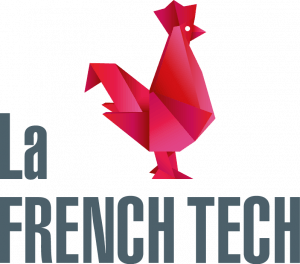Judicial recovery
The collection company can propose to enter a judicial phase which can be useful when the debtor does not react to its amicable actions. In the judicial phase, the collection company will allow its client to benefit from its network of lawyers and bailiffs specialized in debt collection with whom preferential rates will have been negotiated.
The use of these networks of professionals is essential, as many procedural acts fall exclusively within their competence. The collection company will then study the file: analysis of the evidence of the debt to determine whether it is sufficiently convincing to obtain a court order against the debtor and analysis of the debtor's solvency to determine whether there are assets to be seized in the context of a forced execution. Then, the collection company will choose the most appropriate procedure according to the debtor's situation and the amount of the debt: injunction to pay, provisional injunction, summons on the merits.
The injunction to pay
The injunction to pay is a fast and inexpensive procedure, allowing a creditor to force his debtor to pay him. It is a fast and non-contradictory procedure which forces the debtor to respect his commitments.
The Provisional Referral
The provisional injunction is an emergency legal procedure which can be carried out as soon as no serious dispute has been raised. This procedure allows you to quickly obtain the condemnation of your debtor with the executory formula if no opposition is made within the 1 month deadline.
The Assignment to the Merits
The summons on the merits is a judicial procedure of recovery which allows to judge the file on the merits by holding a contradictory debate. The representation by a lawyer is mandatory for this type of procedure.

